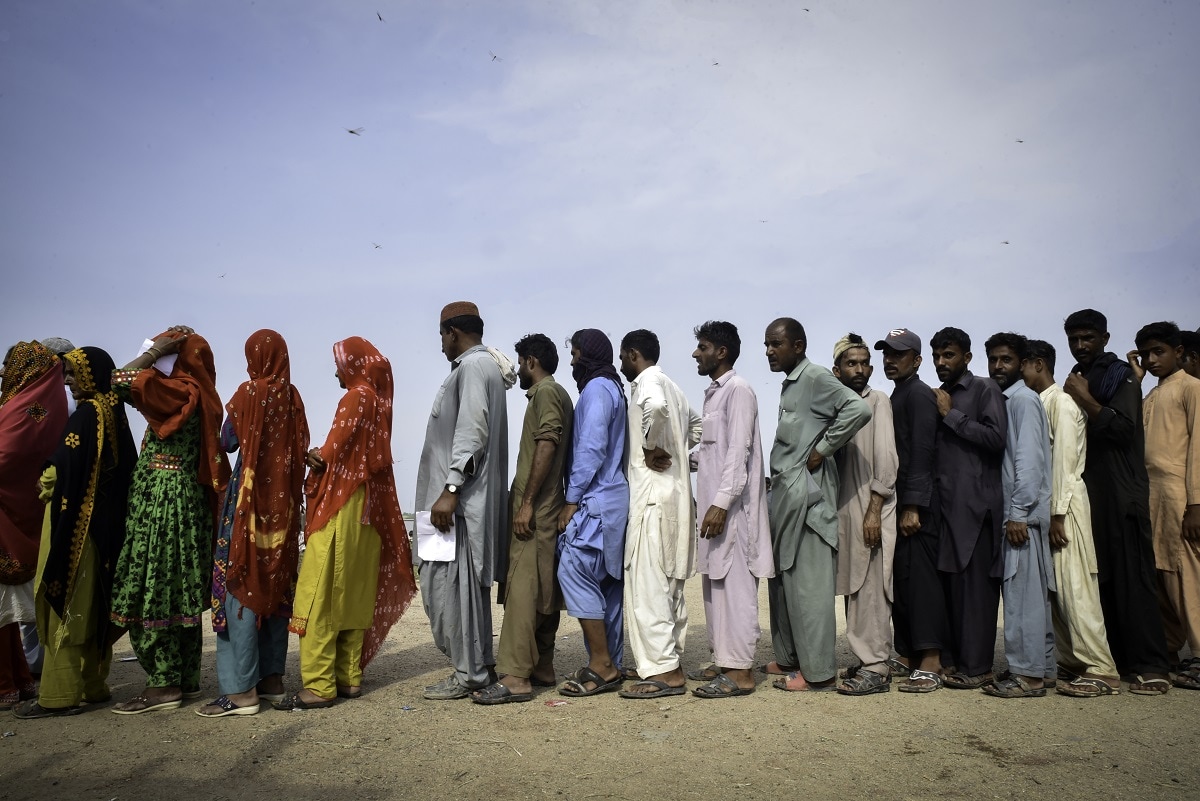In the face of some depressingly stiff competition, Libya could be the unluckiest country in the world. Appalling as the current environmentally driven catastrophe may be, it’s not all that Libyans have had to put up with over the last couple of decades.
Having a megalomaniacal and corrupt despot running the country is not a problem unique to Libya, but not many countries can claim to have had things made worse by an all-star team from Europe. To be fair, the idea of the “responsibility to protect” sounded good in principle. It still does. It has just proved hard to implement and is now unfashionable, to put it kindly. Not many countries are volunteering to get involved in trying to resolve Africa’s current spate of coups and civil wars, even if dreadful things are being done to civilians.
In 2011, by contrast, a NATO-led, UN-sanctioned force was unleashed on Libya in response to what was seen, not entirely accurately, as a rapidly deteriorating domestic situation brought on by civil war. Few wept when former Libyan leader Muammar Gaddafi’s life came to a very public and grizzly end. His legacy has been an unresolved struggle for power between rival militias. Libya’s second civil war is partly responsible for the astounding ineptitude and inadequacy of the response to the floods caused by Storm Daniel this month.
The reports of individual and collective suffering that have emerged from the debris are hard to watch. I suspect we will not have to watch them for much longer, however. The media’s attention span for catastrophes in crisis-prone countries is not what it was. There are quite a few to choose from, after all.
Who remembers the Pakistan floods of 2022? Two million people were left homeless in an inundation that covered one-third of the country. Presumably, many of them are still living by the side of roads in improvised shelters. Pakistan also has its share of civil unrest, of course, but not even its key supporter China looks keen to get involved.

What makes the Libyan crisis especially hard to bear, though, is the possibility that it didn’t need to happen; or certainly not on this scale. True, no country is safe from climate change, but some of the dangers are well known and can, to some extent at least, be prepared for. But like the cataclysmic explosion in Beirut two years ago, neglect, incompetence, and a lack of basic state capacity amplified a local apocalypse.
One obvious lesson from these types of events is that bad government, or – worse still – no government, is not a happy state of affairs. Even more soberingly, perhaps, no one from “the international community” will rush to help. Haiti is the classic example of a failed state where armed gangs fight it out on the streets, and the United Nations and the United States are nowhere to be seen, despite it happening in the latter’s back yard.
The second lesson is that while rich countries may feel obliged to put in a few million dollars towards the relief of especially newsworthy or novel crises, no one wants to put boots on the ground in what President Trump, with his usual sensitivity and compassion, described as “shithole countries”.
As more of the world’s poorer countries are hit by natural and unnatural catastrophes of one sort or another, it is likely that the affected populations will consider their options. I know I would. For those with little to leave behind, joining the growing numbers of migrants making the perilous journey from Libya to Europe may come to seem like an increasingly attractive option, despite the obvious costs and dangers.
Things are unlikely to improve even if they make it. Their reluctant hosts are increasingly unsympathetic towards the growing wave of refugees. Migration is not the only issue driving the rise of right-wing parties in Europe, but it is an important one.
Unwanted migration, whether driven by economics, conflict, climate change or the interaction of all three, looks set to be one of the defining social forces of the foreseeable future. Climate change will exacerbate and expose domestic failings everywhere, but especially where governments are brutal, incompetent or absent. Countries such as Australia will seem even more attractive than they already do.
No doubt an assessment of this sort of “threat” appears in the government’s secret report into the impact of climate change on national security. One can only assume that the conclusions are so alarming that the government doesn’t want to frighten the electorate. After all, voters might actually expect the government to do something about the entirely foreseeable consequences of rising sea levels in the Pacific, for example.
Another perennial lesson of the Libyan disaster is that the world remains an appallingly unequal and even unfair place. Those least responsible for global warming bear the brunt of its impacts, while we fortunate few tune out and cling on to our entirely arbitrary good fortune for as long as we can. It might be difficult for the government to keep that secret forever, though. A final lesson of Libya is that what you don’t know really can hurt you.

